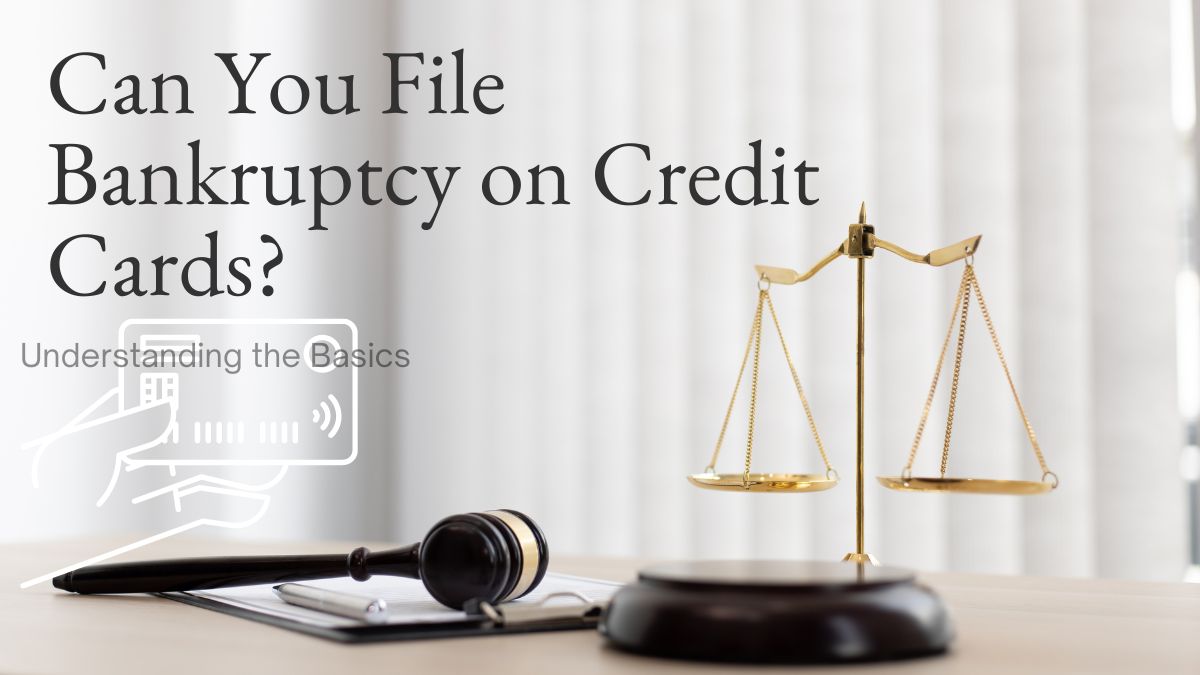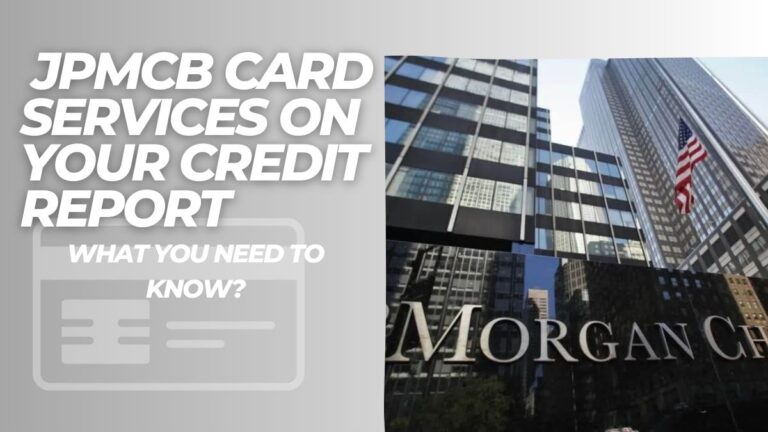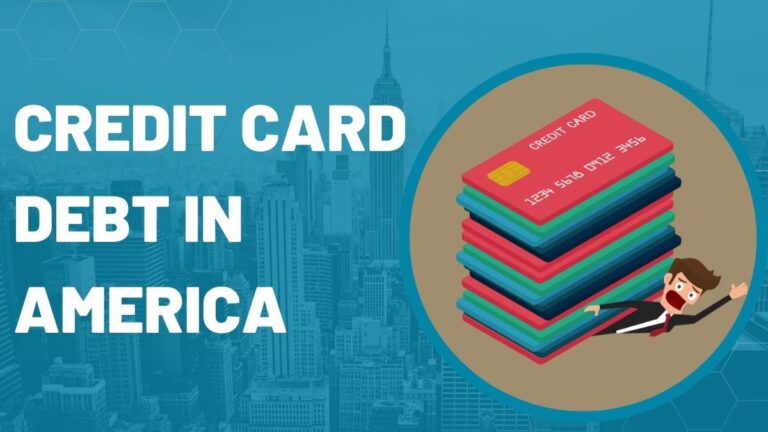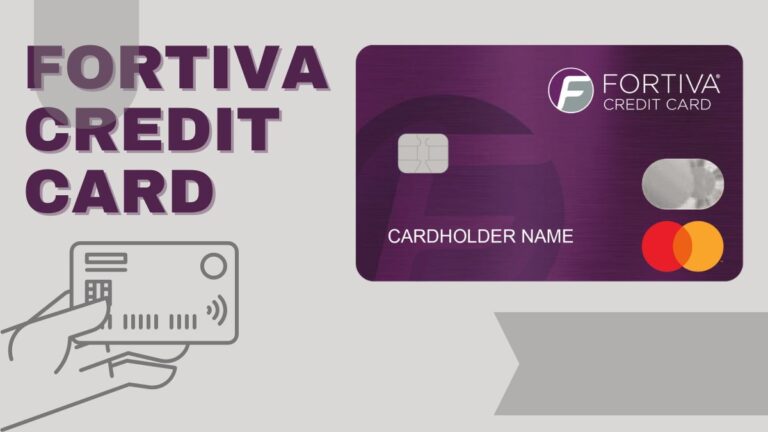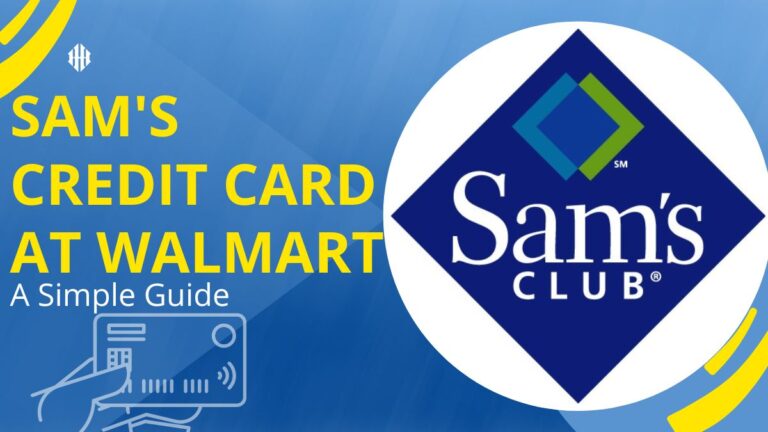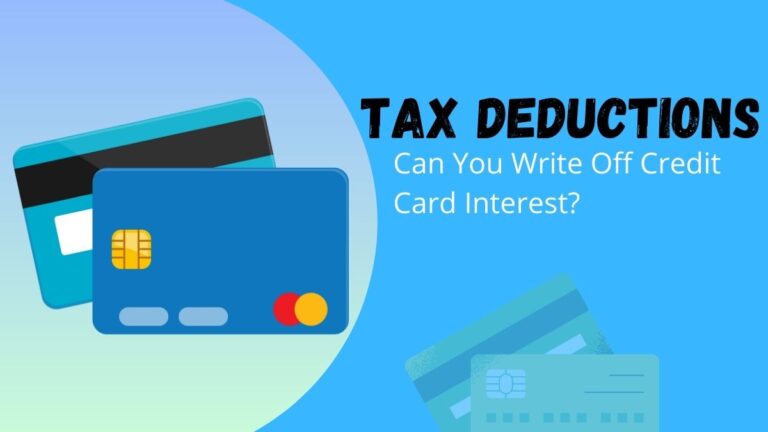Can You File Bankruptcy on Credit Cards? Understanding the Basics
Are you constantly drowning in credit card debt and wondering if there’s a way out? Don’t worry, you’re not alone. Many people find themselves with overwhelming financial burdens that seem impossible to overcome. But here’s the good news: bankruptcy might just be your ticket to a fresh start!
In this blog post, we’ll dive deep into the world of bankruptcies and answer one burning question – can you file bankruptcy on credit cards? Join us as we unravel the basics and shed light on how this legal process could potentially free you from your credit card woes once and for all!
Table of Contents
What is Bankruptcy?
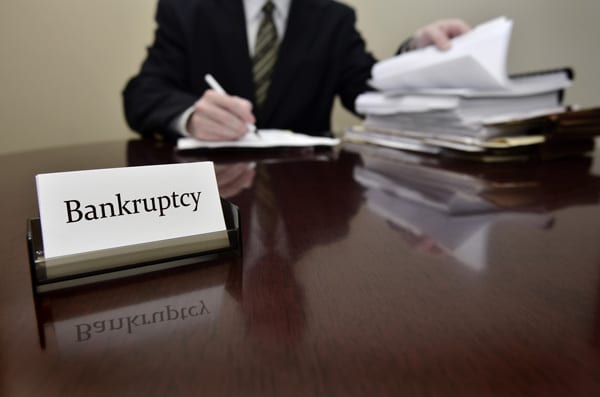
Bankruptcy is a legal process where an individual or business can declare bankruptcy and get a fresh start. Bankruptcy allows people to get rid of unsecured debts and protect their property. To file for bankruptcy, you must meet specific requirements, such as having regular income and assets.
To qualify for bankruptcy, you must have an unsecured debt that is more than your monthly income. Unsecured debts include credit card debt, medical bills, student loans, and other consumer loans. To file for bankruptcy, creditors must agree to let you keep most of your property. Creditors can object to the bankruptcy filing if they think the debtor will be able to pay them back later.
To prepare for a possible bankruptcy filing, it is important to know your finances. You can use CreditCardsMoorings’ free online tool, which will show you your current debt balance and how much credit card debt you have compared to your total available credit limit. You can also use the tool to see how much money you could save by reducing your monthly payments.
There are several steps involved in filing for bankruptcy: filling out a petition (a form filed with the court), meeting with a lawyer, submitting proof of income and assets, appearing in court, and paying any required fees. The process can take several months or even years, but it is important to remember that filing for bankruptcy does not mean that you are automatically doomed to fail. Many people who file for bankruptcy eventually regain their financial footing.
Credit Cards and Bankruptcy
Bankruptcy can be a very destructive option for those with high debts, as it can lead to ratcheting up payments and penalties. It can also result in decreased creditworthiness and difficulty finding new credit products in the future.
There are a few things to keep in mind before filing for bankruptcy on credit cards.
- Bankruptcy on credit cards is an extremely serious decision that should not be taken lightly.
- You may not be able to file for bankruptcy if your total outstanding debt is less than $750,000 (or $1 million if you are married).
- Many credit card companies have provisions that allow them to continue billing even while a person is in Chapter 13 bankruptcy on credit cards– so avoid discussing any possible bankruptcy plans with your creditors until after you file.
If you decide to file for bankruptcy on credit cards, be sure to speak with an experienced bankruptcy lawyer who can advise you on the best course of action.
Common Bankruptcy Causes
Credit card debt can be a major factor in bankruptcy, as these debts can become overwhelming if not paid promptly. However, there are several common bankruptcy causes that don’t involve credit card debt.
For instance, financial troubles caused by poor investment choices or Overspending can lead to bankruptcy even if there is no corresponding debt on a credit card. Additionally, income shortfalls – whether due to unexpected job losses or an unexpected increase in expenses – can also result in bankruptcy if not dealt with promptly. In some cases, individuals may find themselves unable to make ends meet and resort to spending beyond their means to try and cover the gap.
All of these situations are serious and should not be taken lightly, as they can lead to financial ruin if left unchecked. If you are concerned about your finances and think you may be facing an imminent financial crisis that could lead to bankruptcy, it is important to seek professional help as soon as possible. A qualified attorney can provide you with the necessary guidance and support so that you can get through this difficult period without any long-term consequences.
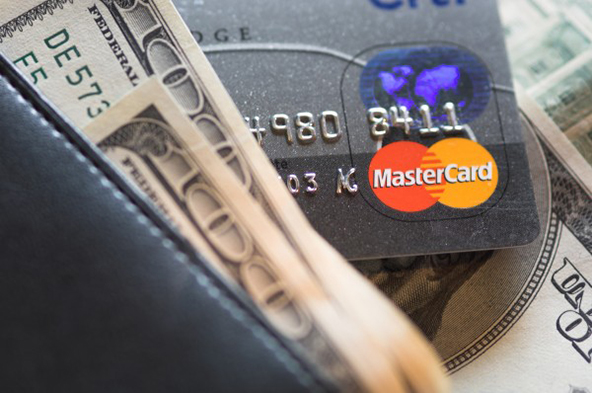
How Does Bankruptcy Affect My Credit Scores?
If you have a CC debt and file for bankruptcy, your credit scores could take a hit. Each of the three major credit reporting agencies maintains different credit scores based on your borrowing activity. Reviewing your credit score can be an ominous sign for future borrowing decisions.
When you file for bankruptcy, lenders are not allowed to seek repayment from you through collections; however, any outstanding CC debt is still considered part of your credit history and will impact your credit score. days online report that if your total CC obligations are more than 30% of your available credit score (and less than $37k), then the account will count as a “hard inquiry” on your credit report. Inquiries generally hurt your score because they mean there are more opportunities for lenders to deny you loans in the future.
The good news is that paying off CC debts generally has a positive impact on a borrower’s credit score over time, so it’s worth considering all options when trying to improve Scores. If you plan to apply for a loan shortly, make sure to check with each lender about their policies surrounding bankruptcy filings before applying.
Can I File Chapter 7 for Bankruptcy on a Credit Card?
There are a few things to keep in mind if you’re considering filing for bankruptcy on credit cards. For one, bankruptcy does not erase your credit score. So, if you hope to improve your credit score after bankruptcy, it’s important to keep your debt payments on track and avoid new high-interest debts.
Additionally, while filing for bankruptcy may help get rid of some of your debt, it is not a free pass to live above your means. If you can’t afford to pay all of your debts, declaring bankruptcy may put you at a disadvantage when negotiating settlements with creditors. Don’t hesitate to speak with an experienced consumer protection lawyer if you have any questions about whether or not filing for bankruptcy on credit cards is the right decision for you.
Conclusion
Yes, it is possible to file for bankruptcy on credit cards. However, the process is not as easy as many people assume. Filing for bankruptcy on credit cards can be very complex and often requires a great deal of research and expert help. If you are considering this option, be sure to speak with an experienced lawyer first so that you can get the most accurate information about your specific situation.
